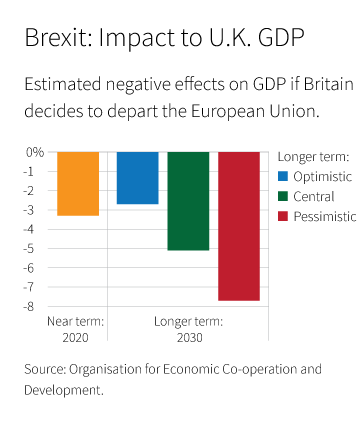Best Blogs of the Week (SPECIAL – BREXIT II)
Shocking the capital markets globally, the referendum to leave the EU passed. BREXIT. Asset managers were ready with comment. The proceeding table aggregates industry blog posts on Friday (only). This is an impressive volume (e-mail me if you’re seeking a perspective on quality) though as you see very little thought went to titling these posts. Of the titles below, BlackRock and WisdomTree clearly put thought into their respective titles.
| Asset Manager | Blog Post |
| American Century | Our Views on the Brexit Vote |
| BlackRock | What data can tell us about the Brexit vote |
| Fenimore | Brexit & The value of patience |
| Franklin Templeton | In The Know: The UK Votes to Leave the EU |
| Invesco | UK votes for ‘Brexit’ |
| M & G | Bond market reaction to UK “Leave” vote |
| MFS | Brexit Rattles the Market |
| Natixis | Brexit Interviews: Implications of the vote |
| PIMCO | Brexit: Initial Impact and the Road Ahead |
| TIAA | Response to Brexit requires long-term perspective – UPDATED |
| Wells Fargo | Brexit: Buy the dip, or wait? |
| William Blair | Brexit Update: Our Base Case Scenario |
| WisdomTree | Sterling’s Structural vs. Euro’s Political Weakness: “Brexit” Opens Opportunities |









